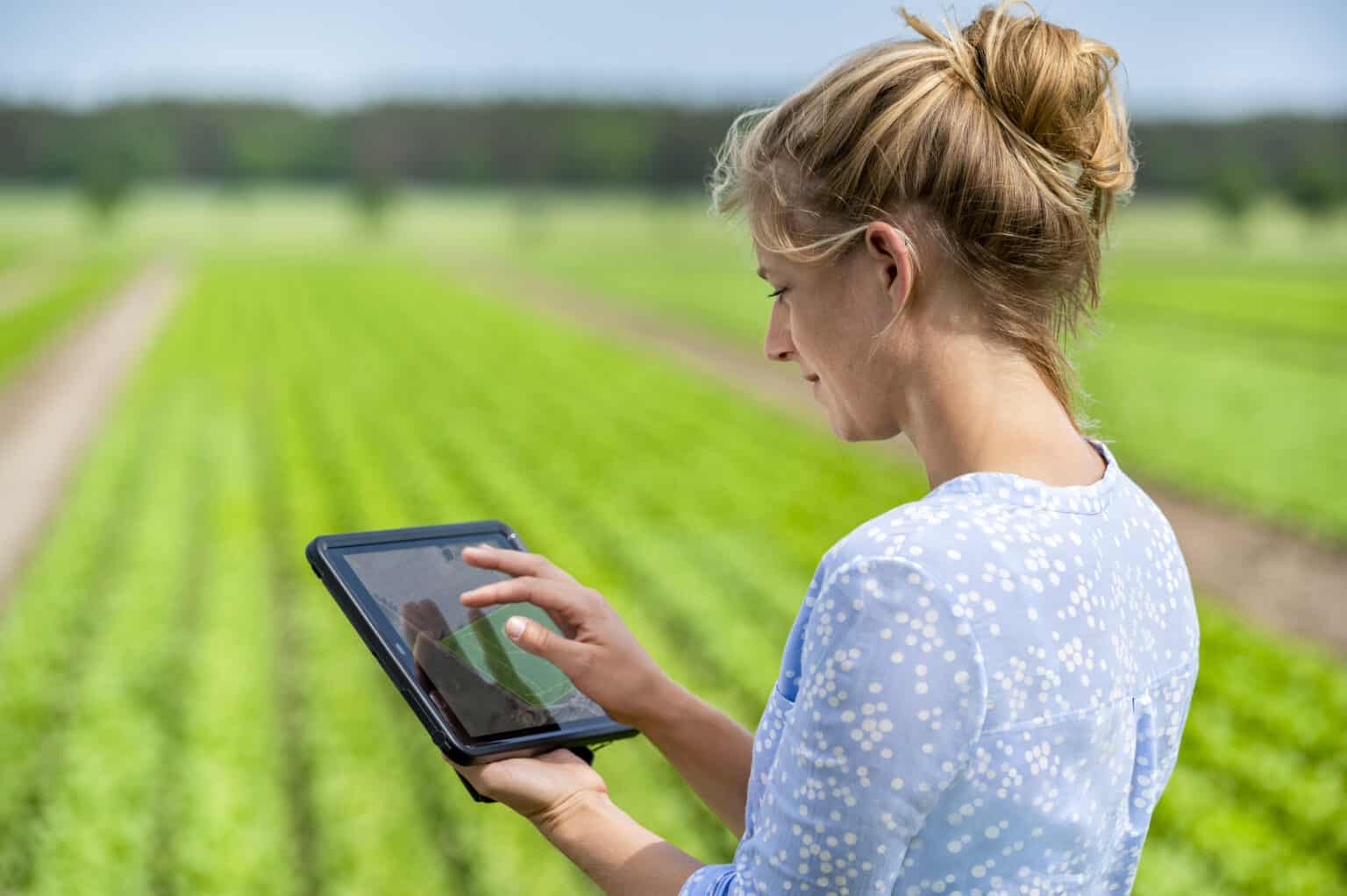The Rewards of Vegetable Gardening
You should think about making a home vegetable garden if you like to have fresh produces inside the summer and spring. Growing a vegetable garden is a fun and healthy hobby that you can do well at.

While gardening, you may find that your troubles and stresses throughout the day simply float away. Home vegetable gardening relieves stress and allows you to be out under the sun. Vegetable gardening is proven to lower hypertension and remove the mind. Also, the act of nurturing plants and watching them grow is reasonably soothing. And it will look nice too!
The Pros of Organic Gardening
It will not require a lot of chemicals. That may be one great facet of home vegetable gardening. Therefore, home vegetable gardening lets you acquire more natural, juicy, and healthier vegetables which are also better for your environment. Using a great deal of chemicals on vegetables is not only unhealthy for your health, and also requires a large toll around the environment. Growing your own personal vegetable garden and ultizing less chemicals yields natural food.
Organic vegetables will always be the ideal-tasting simply because they is definitely not picked until they can be completely ripe and you are prepared to choose them. You will save money. That’s another pro of growing your personal organic vegetable garden. Instead of buying all your organic vegetables at the store, you will have your personal collection of vegetables readily available whenever you want them.
Anyone can create a home vegetable garden. Providing you have dirt somewhere, you may create an outdoor vegetable garden inside the solid ground. Even when you don’t have a plot of dirt, you can buy a couple of pots and make a container garden.
Vegetable Gardening on Solid Ground
Should keep in mind these simple thoughts, before beginning your vegetable garden: , and soil.location and size
Firstly, we’ll discuss the area. You should plot your garden inside an area with plenty of shade and sufficient drainage. You need to nurture your plants by putting them within a place that receives about 6 hours of sunlight each day. The typical is six hours per day, though every plant differs and requires another quantity of light.
Therefore, will not plot a garden in the shady place! Also, ensure that your garden has adequate draining. Water will flood your plants throughout the wet season; this can be a common mistake that a great many beginning planters make in the event you place the garden towards the bottom of the hill. By locating your gardens away from bottoms of hills along with other spots where water is probably going to collect, you may stop your vegetables from drowning!
Second of all, let’s discuss size. You need to choose how big you desire the garden being initially. Remember you should get started small, and expand later; otherwise how big your garden may overwhelm you. I would recommend getting started with a garden space of 25 sq ft or less. Once you get the hang of this, it is possible to expand your vegetable garden just as much as you would like.
Third, let’s focus on soil. Soil is amongst the most essential facets of gardening, so it is very important to obtain good soil to produce a good garden. The very best sort of soil is slightly loose and easy to till. Therefore, avoid soil that is certainly hard-packed. If your yard lacks a lot of good soil in it, you may fix this issue through the use of mulch or compost with your garden. Alternatively you can buy good soil from the local nursery.
Mulch is usually an organic covering, like straw, leaves, compost, or peat that one could cover your backyard with to enrich the soil, prevent weed growth, and prevent excessive evaporation water. Compost includes any organic particle, for example dead leaves, manure, or (most commonly) kitchen scraps. People put compost in their yards to enhance the soil and provide nutrients for plants. Composting kills two birds with one stone; it is perfect for your garden and cuts on your trash.
In the event you address thelocation and size, and soil of your garden, you should have a booming vegetable garden right away. Also, a number of these tips may also help people who choose to get a container vegetable garden.
Vegetable Gardening in Containers
Container gardening is the greatest sort of gardening for most people. If you do not have a good plot of land to garden on, container gardening is the best option. This is the most practical strategy to garden for individuals not lucky enough to have large plots of soiled land to garden on.
There are numerous pros to container gardening. You can place your plants wherever you need: with your living room, in your patio, etc., so that you can add color and radiance wherever you would like. With container gardening, you can actually place plants wherever they acquire the best growing conditions. Another pro is that you will have fewer pests eating your plants should they be in containers instead of in the earth.
Although virtually any plant will grow just great in a container, there are some that grow exceptionally well in containers. They are: salad eggplant, tomatoes, spinach and greens Swiss chard, radish, peppers and beets and bush beans.
The Passion for Vegetable Gardening
Less stressed, and produces delicious vegetables that you can eat, vegetable gardening is very rewarding because it makes you feel good. You’ll love to get a garden vegetable of your very own to often and eat from if you appreciate the new vegetables at farmer’s market.
More information about consulting company for outdoor vegetable growing in Germany and Spain visit our new internet page: click for more

Be First to Comment